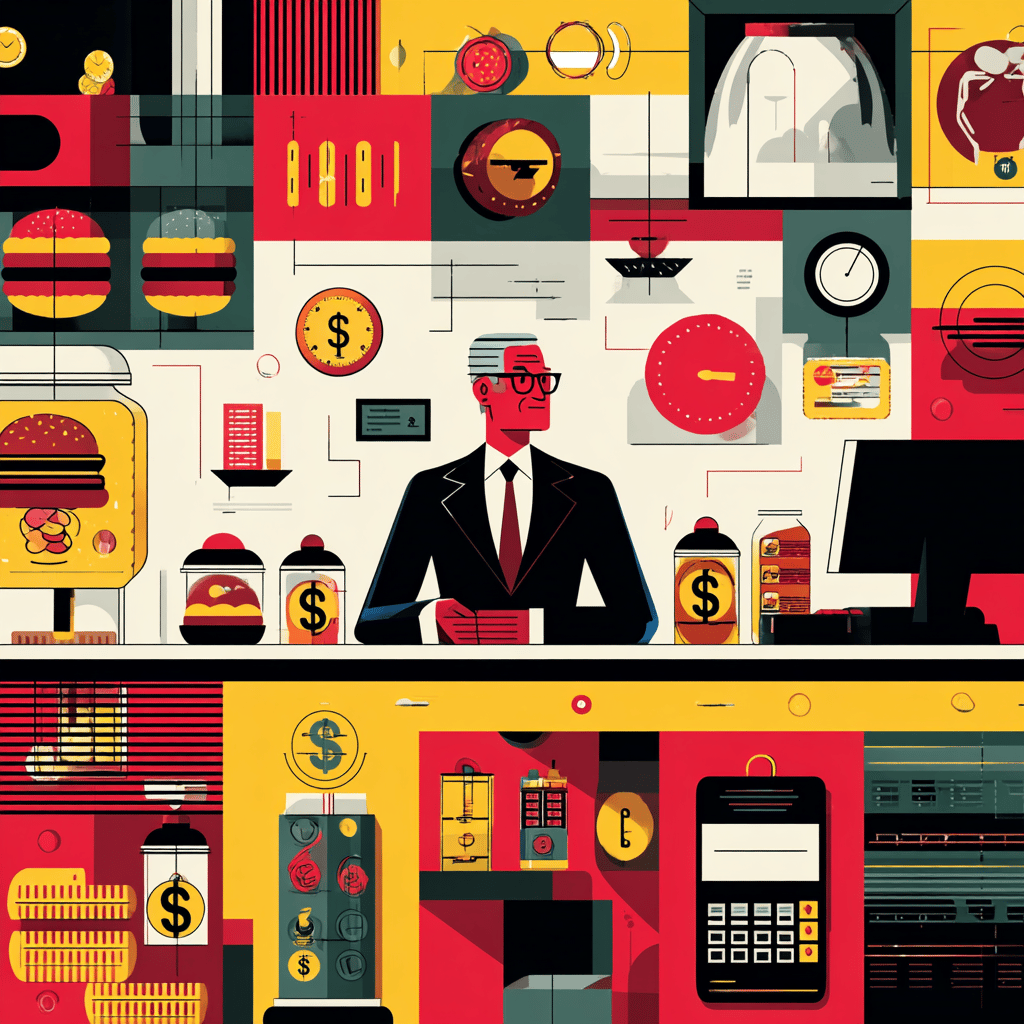McDonald’s chief executive officer, Chris Kempczinski, recently delivered pointed remarks about the structural shortcomings of the tipping model commonly practiced across the American restaurant industry. In an interview on CNBC, he noted that establishments that rely heavily on gratuities are, in effect, transferring the responsibility of employee compensation from the business itself onto the customer, with diners ultimately subsidizing wages through tips.
The discussion was prompted by a question about how McDonald’s might be influenced by the “no tax on tips” clause included in the Big Beautiful Bill, legislation signed by former President Donald Trump in July. Supporters of the provision emphasize that it is designed to lessen the tax burden on a wide range of workers, particularly those in service-related sectors such as restaurant servers and bartenders. Kempczinski, however, clarified that this development has little relevance to his company, since McDonald’s employees do not receive gratuities. As a result, the global fast-food chain will not see any financial benefit from the tax relief associated with tips.
Kempczinski drew attention to a broader and more fundamental tension within the U.S. labor market: the stark difference in compensation practices between restaurants that depend on gratuities and those that do not. Many restaurants that permit tipping often incorporate expected tips as part of their wage calculation. Federal labor law allows such businesses to pay a base hourly wage as low as $2.13, on the condition that the combined figure of base pay plus gratuities ultimately reaches or exceeds the federal minimum wage of $7.25 per hour. While this practice is legal, Kempczinski argued that it produces a distorted and inequitable competitive landscape. He explained that operators of tipping-based establishments are, in effect, able to reduce their own direct payroll obligations while leaning on customers to bridge the financial gap through their gratuities. With the recent elimination of taxes on tips, those same businesses enjoy an added financial advantage, further reinforcing what he described as an “uneven playing field.”
The reliance on tipped wages is not a novel practice; rather, it has become deeply rooted and widespread across numerous service-driven industries. Beyond traditional restaurants, gig economy workers — such as food delivery drivers and ride-hailing service providers with platforms like Uber, Lyft, and DoorDash — frequently depend on gratuities to make ends meet. In fact, outside of a limited number of states and cities with stronger worker protections, many of these gig workers are not guaranteed a basic minimum wage. For them, tips are not merely a welcome bonus but a fundamental component of their overall income.
This fragile reliance on customer generosity has occasionally fueled conflict between workers and consumers. Online food delivery, for instance, often includes a prompt encouraging customers to tip their driver at the time the order is placed. This system, however, has occasionally given rise to problematic behaviors such as “tip baiting,” where customers initially pledge a substantial gratuity to make an order more appealing to delivery workers but then reduce or withdraw the tip once the delivery has been completed. DoorDash has publicly acknowledged this issue, warning some customers that choosing not to tip upfront may result in slower deliveries, since drivers — who rely on tips for financial survival — tend to prioritize orders with better compensation.
Meanwhile, surveys reveal growing consumer fatigue around the ever-expanding contexts in which tip requests now appear. A study conducted earlier this year by Morning Consult, for example, indicated that customers are increasingly displeased with being asked to provide gratuities across a growing spectrum of service experiences, ranging from coffee shops to retail checkout counters. This “tip fatigue” raises questions not only about customer expectations but also about the fairness and sustainability of a system that heavily relies on optional gratuities rather than assured wages.
In addressing these challenges, Kempczinski suggested a straightforward and systemic solution: establishing uniform wage standards across the food service industry, where all restaurants — irrespective of tipping practices — are required to pay their employees the same minimum wage. He pointed out that several states, including Alaska, California, and Minnesota, already enforce such laws by effectively abolishing the tipped wage system and requiring employers to pay at least the full minimum wage directly to their workers. According to Kempczinski, such policies could promote greater equity among employers, reduce poverty among workers, and decrease the high employee turnover that plagues industries heavily dependent on tipping, all without significantly diminishing job opportunities.
He summarized his position with a clear statement: the responsibility for paying fair wages should rest with employers, not with customers making discretionary contributions. In his view, a more consistent compensation framework would ensure fairness across the board, eliminate distortions created by the tipped wage system, and remove a hidden cost that consumers often bear unknowingly. His argument ultimately underscores a broader debate over whether tipping should remain a cornerstone of service work or whether businesses must assume greater responsibility for properly compensating their employees.
Sourse: https://www.businessinsider.com/mcdonalds-ceo-tipped-wages-create-uneven-playing-field-2025-9



